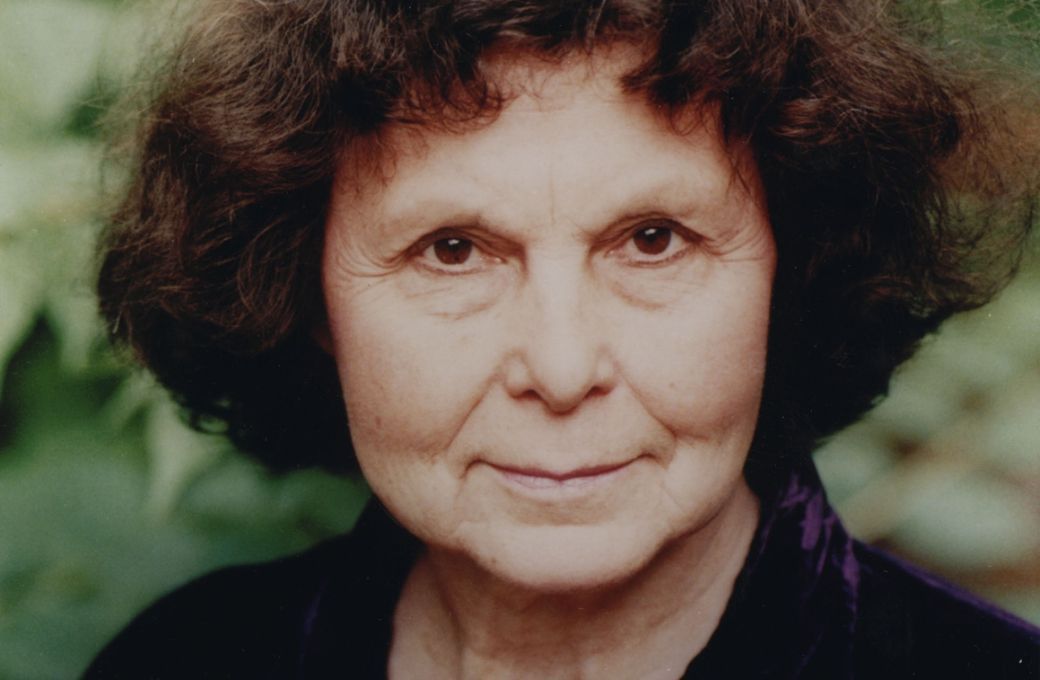Renowned Soviet and Russian composer Sofia Gubaidulina has died at the age of 93 on 13th March, at her home near Hamburg. Born in 1931 in Christopol, near Kazan, her intensely spiritual music marked her out as the most important Russian composer of the contemporary period.

Studying at the Kazan Conservatory, and later in Moscow, her early, experimental music found little favour with Soviet authorities. As well as chamber and solo works, she composed vocal music, including the cantatas Night in Memphis, on ancient Egyptian texts, and Rubayat, on Persian texts. Gubaidulina also wrote music for children, and for film and animation.
Despite support from early mentors such as Dmitri Shostakovich, her music was eventually blacklisted by the Composers’ Union in 1979, along with other composers of ‘Khrennikov’s Seven’, restricting its publication and performances.
However, from the 1980s, Gubaidulina’s music became better known outside of the Soviet Union thanks in part to the efforts of Gidon Kremer, who toured her violin concerto Offertorium widely. After news of her passing, Kremer commented, saying: “The magical sounds she bestowed upon me and the world will continue to enrich everyone who comes into contact with them... It is music for eternity.”
In the later 1980s, performance opportunities in the Soviet Union began to open up. Her major, 12-movement symphony Stimmen... Verstummen... was written for Gennady Rozhdestvensky and the Moscow State Symphony, including a movement for conductor’s motions alone with an entirely silent orchestra.
Other major works from this period include the large orchestra work Pro et Contra (1989), which seeks to unite disparate musical elements into a hymn of ‘Alleluia’, as well as the Second and Third String Quartets, and innovative works for percussion ensemble and other chamber groupings.
From 1992, Gubaidulina was based in Hamburg, and works for larger forces became more frequent. Major works from this period include Figures of Time, for large orchestra, and Canticle of the Sun, written for Mstislav Rostropovich, accompanied by a chamber chorus and percussion. Setting texts of St Francis of Assisi, the Canticle is among many important pieces to explore Christian spirituality.
Gubaidulina’s large-scale Passion and Resurrection of Jesus Christ according to St John, comprising two oratorios for orchestra, chorus and soloists, was completed in 2002. She referred to it as her ‘opus summun’, and the work juxtaposes passages from the Gospel of John with the Book of Revelation, forming the culmination of Gubaidulina’s personal theological vision in music.
Gubaidulina’s recent works included the oratorio Über Liebe und Hass (On Love and Hate) (2016/18), with a related orchestral work, Der Zorn Gottes (God’s Wrath) completed in 2020. She also continued to write concertos, including two recent pieces using solo bayan, the Russian button accordion, an instrument that had featured in several of her earlier works.
Sir Simon Rattle, a longtime supporter of her music, conducting Gubaidulina’s Alleluja with the Berliner Philharmoniker in 1990, commented that as a composer she was “in orbit and only occasionally visits terra firma. Now and then she comes to us on the earth and brings us light and then goes back into her orbit.”
Towards the end of her life, Gubaidulina commented: “The art of music, like any other artform, is affected by an existential feeling. Why? Because this artform in particular has to do with a material that directly connects the finite with the infinite. In this sense, sonic art in particular has the means by which man could be stopped in his rapid fall.”


